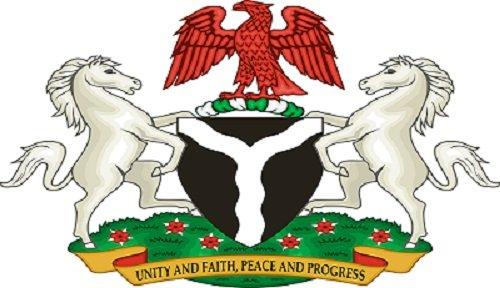The Minister of Agriculture and Rural Development, Dr Muhammad Abubakar, has maintained that the Federal Government’s National Livestock Transformation Plan, NLTP, is set to close dairy importation gap.
Abubakar stated this at a virtual meeting 36 State Commissioners of Agriculture and the Federal Capital Territory, FCT, along with other stakeholders on the State Level Project Socialization on Livestock Productivity and Resilience Support Project (L-PRES).
The Minister, represented by the Director, Animal Husbandry Services Department in the Ministry, Winnie Lai-Solarin, stated that the L-PRES programme is targeted to address low investment in the livestock sub-sector over the years.
He said: “A project to support the actualization of the NLTP is targeted at addressing the age-long low investment profile in the sub-sector to improve livestock productivity, resilience, and commercialization of selected value chains, as well as strengthen the country’s capacity to respond to crisis or emergency.
READ ALSO: Imo Monarch Murdered 24 Hours After Abduction
“The L-PRES project would facilitate the achievement of food security, reduce incessant conflict between farmers and herdsmen and cushion the effect of a COVID-19 Pandemic on the livestock industry in alignment with Government’s strategies and policies including, the promotion of climate smart livestock production and productivity, expansion of rural economy for employment and income generation, promotion of exports and reduction in the importation of livestock and livestock products, and Involvement empowerment of women, youth, and vulnerable people.
“The successful implementation of the National Livestock Transformation Plan will close importation gaps and address other challenges to livestock development in Nigeria.”
However, the Minister lamented $1.3 billion spent annually on dairy importation into the country.
“It is glaring with the current priorities in the World’s food supply systems, that the next issues of focus will be animal protein supply chains and its nexus with global welfare and security.
“Nations’ ability to provide good quality and affordable animal proteins has not only been linked with their pecuniary status, it has been confirmed to have direct relationship with human capital development and intellectual quotient.
“Although Nigeria Livestock subsector provides about 36.5% of the total protein intake of Nigerians, it also contributes about 8-10% of the Agricultural GDP and 5% of the National Gross Domestic Product and has been a key contributor to poverty reduction, especially in rural areas.”
“We are yet to take full advantage of the regional markets under our influence and have in recent times spent huge amounts of forex on importation of products that can be produced effortlessly in the country.
“Importation of dairy products where we spend about US$1.3 Billion annually according to the CBN (2019) is a prominent example of the above narrative”, he said.
Earlier in a goodwill message, the Country Director, World Bank, Dr Shubham Chadhri, said that the programme is designed to realize the full potential in the livestock sector in Nigeria, and urged state governments to key into it, while commending the Buhari-led administration for initiating the NLTP and its implementation.
Chadhri further stated that if the NLTP is properly implemented and sustained across the nation it would go a long way to reduce poverty, unemployment, and boost growth of the nation’s GDP.
He also assured World Bank’s commitment to partner with the Federal and State Governments for the realization of the L-PRES project in Nigeria.
READ ALSO: Provide Relief Materials To Fire Victims, IYC Appeals To Okowa, NEMA
Meanwhile, in a presentation on update of the L-PRES Project Preparation, Director, Animal Husbandry Services Department, Dr Winnie Lai- Solarin, made it known to State Commissioners and participants that the Federal Government and the World Bank are ready to have the project takeoff in 2022.
She also appealed to the State Governments to facilitate the project implementation by increasing their budgetary allocation for livestock development, giving adequate state counterpart financing and providing office spaces, vehicles, and other basic facilities to demonstrate their commitment and readiness to implement the project in their states.
According to her, 28 States and the FCT have expressed interest in the project, appealing to others to take advantage and identify with the project.
(VANGUARD)
